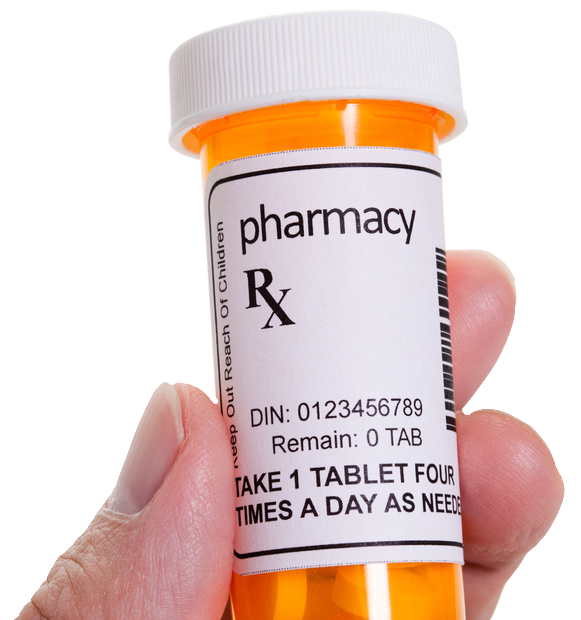How Medications and Poor Gum Health Are Connected
By John Rink DDS on July 12, 2017
 Although medications may be necessary to improve your overall mental and physical health, there are certain medications, such as antidepressants and oral contraceptives, that can have a negative impact on your oral health. When meeting with your dentist, it’s important to discuss all the medications you are currently taking so he or she can provide the appropriate care you need.
Although medications may be necessary to improve your overall mental and physical health, there are certain medications, such as antidepressants and oral contraceptives, that can have a negative impact on your oral health. When meeting with your dentist, it’s important to discuss all the medications you are currently taking so he or she can provide the appropriate care you need.
Dr. John Rink at Charleston Center for Cosmetic and Restorative Dentistry in Charleston, SC, can provide clarity on how medications and poor gum health are interrelated, as well as tips to keep side effects at bay. We also provide a variety of restorative dentistry treatments to address gum heath issues.
Which Medications Cause Poor Gum Health?
The list of medications that can cause poor gum health and increase your risk for gum disease include:
- Oral contraceptives
- Antidepressants
- Anti-anxiety medications
- Antihistamines and decongestants
- Anticonvulsants
- Anti-angina medications
- Non-steroidal anti-inflammatory drugs (NSAIDs)
- Corticosteroids
- Beta blockers
- High blood pressure medications
- Chewable antacids
- Cancer therapy medications
- Pain medications (when taken for extended periods of time)
It is imperative that you do not adjust your medications on your own. Please speak openly with your physician and dentist about other options available or what you can do to counteract side effects.
Poor Gum Health Side Effects
Knowing the side effects ahead of time can help prevent further issues from developing. Common side effects can include:
Dry Mouth
As the number one leading side effect of the medications listed above, dry mouth (also known as xerostomia) is caused by a decline in saliva production. It can lead to a host of other concerns, such as gum inflammation and gum disease. Saliva is necessary for your oral health. It not only aids in the taste and digestion of your food, but it keeps your teeth and gums comfortably moist. Saliva also helps wash away food and other debris, while also neutralizing acid-causing bacteria. If bacteria remains on your teeth, it can increase your risk for tooth decay.
Gum Inflammation
Gum inflammation, also known as gum swelling, not only causes discomfort, but it can also increase your risk for gum disease. When the gums are swollen, it makes it easier for food and unhealthy bacteria to get trapped under the gum line. When bacteria develop, it can damage the soft and hard tissues of your mouth, eventually requiring restorative treatments such as periodontal treatment, dental fillings, and dental crowns.
Mouth Sores
Mouth sores are not only uncomfortable; they can prevent you from eating healthy foods and increase the development of unhealthy bacteria within your mouth. Increased bacteria increase the risk of gum disease and other oral health concerns.
Gum Disease
Gum disease is a bacterial infection of the soft and hard tissues of the mouth. Once it develops, it is hard to reverse. In most cases, it can be managed with routine periodontal treatments and diligent at-home care. If gum disease is left untreated, it can lead to tooth decay, tooth loss, and costly restorative procedures. Catching it early can help protect your oral and overall physical health.
Tips to Protect and Improve Your Oral Health
During your consultation, Dr. Rink will provide certain tips to follow to help you maintain good oral health. They may include:
- Brushing your teeth after eating
- Flossing twice a day
- Rinsing with an approved antibacterial mouth wash
- Visiting the dentist three or four times a year
- Staying hydrated to reduce dry mouth
- Stimulating saliva production by using a saliva substitute and chewing sugar-free gum
Contact Us Today
To learn more about the link between certain medications and your oral health, we encourage you to schedule a consultation with Dr. Rink today. You can reach us by calling (843) 212-0674 or contacting us online.

